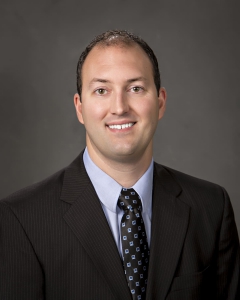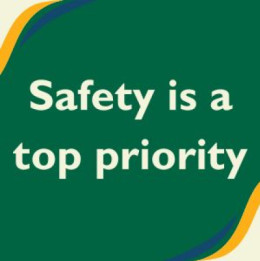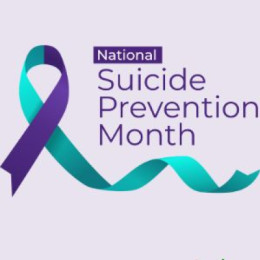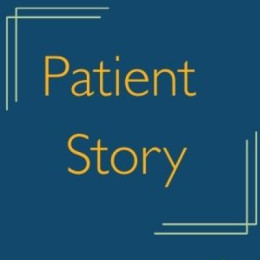Posted On: March 1, 2023 by Community HealthCare System in: News
 Let’s get the bad news out of the way: Colorectal cancer is among the most common cancers in the U.S., following breast cancer, prostate cancer, and lung cancer on the list. The good news is that, according to the American Cancer Society, the rate of people being diagnosed with colon or rectal cancer each year has dropped overall in the last several decades because more people are getting screened and making positive lifestyle changes.
Let’s get the bad news out of the way: Colorectal cancer is among the most common cancers in the U.S., following breast cancer, prostate cancer, and lung cancer on the list. The good news is that, according to the American Cancer Society, the rate of people being diagnosed with colon or rectal cancer each year has dropped overall in the last several decades because more people are getting screened and making positive lifestyle changes.
March is Colorectal Cancer Awareness Month, so it’s the perfect time to make sure your cancer screenings are up-to-date.
Most colorectal cancers arise from colon polyps that start out as benign but progress from small polyps to cancer. Such polyps occur in about 30% of men and about 20% of women. Progression is believed to take an average of 10 years, which is why screening is effective at catching problems early. Colorectal cancer is highly treatable if it’s caught early.
According to Dr. Marcus Weiser, the best screening option is to schedule a colonoscopy. Dr. Weiser is a family physician and one of several CHCS physicians who perform colonoscopies. During a colonoscopy, physicians can see polyps and remove or biopsy them.
Although patients don’t look forward to a colonoscopy, most find it relatively simple.
“A colonoscopy takes about 30 to 45 minutes and is typically performed with IV sedation in an outpatient setting, which means patients can go home soon after the procedure. Checking for abnormalities that can lead to cancer is well worth the time patients spend preparing for and undergoing the procedure, and recovery is fairly quick,” Dr. Weiser said.
Colorectal cancer is the second-leading cause of cancer-related deaths among men and women combined in the U.S. according to Fight CRC. About 1 in 23 men and 1 in 25 women will be diagnosed with colorectal cancer, and 1 in 3 people are not up-to-date with colorectal cancer screening. Most importantly, 60% of colorectal cancer deaths could be prevented with screening.
The American Cancer Society recommends screening for colorectal cancer starting at age 45. Colonoscopies are typically repeated every 10 years in an average risk patient but may need to be repeated sooner if abnormalities are present or if warranted by family history.
Dr. Weiser said he and other physicians worry when patients put off their tests.
“We don’t want patients to wait for symptoms to develop, because more advanced cancers are more difficult to treat,” Dr. Weiser said.
Symptoms of colorectal cancer can include rectal bleeding, changes in bowel habits, abdominal pain, and weight loss. It’s also important to note that many people with colon cancer experience no symptoms, especially in the early stages.
People can take positive steps to reducing their risk of colorectal cancer. Don't smoke, maintain a healthy weight, exercise regularly, and eat more fruits, vegetables, and whole grains. Limiting intake of processed meats and eating less red meat may also be helpful. Most importantly, get screened for colorectal cancer.
Dr. Weiser advises patients to contact their primary care provider to learn more about colonoscopy and to determine if screening is appropriate. CHCS has several physicians on staff that perform colonoscopies, and the procedure can be scheduled locally in Onaga, Holton, or St. Marys.
“Screening for colorectal cancer truly saves many lives. I hope patients will talk to their providers about making sure they are up-to-date on their colonoscopy and other important cancer screenings,” Dr. Weiser said.











0 comments